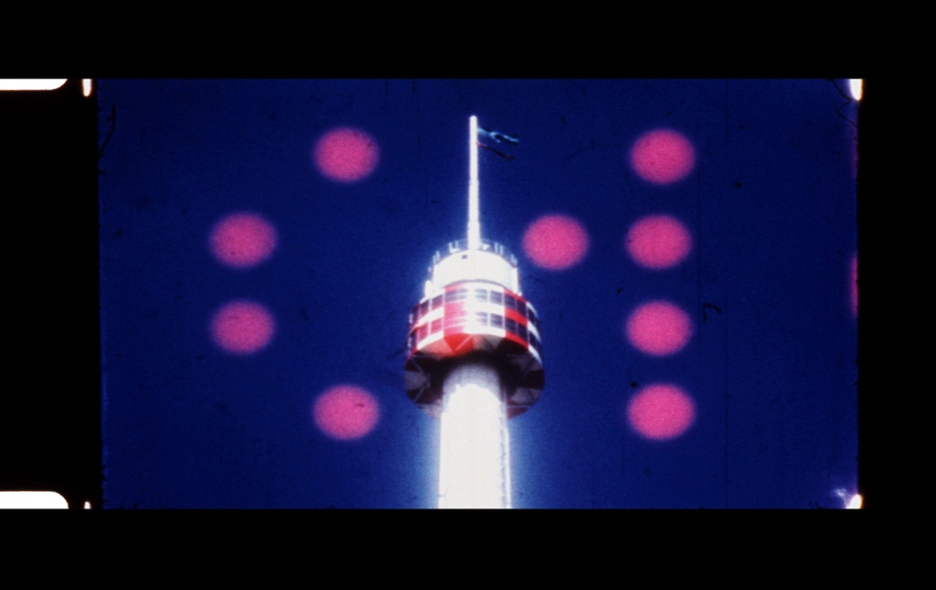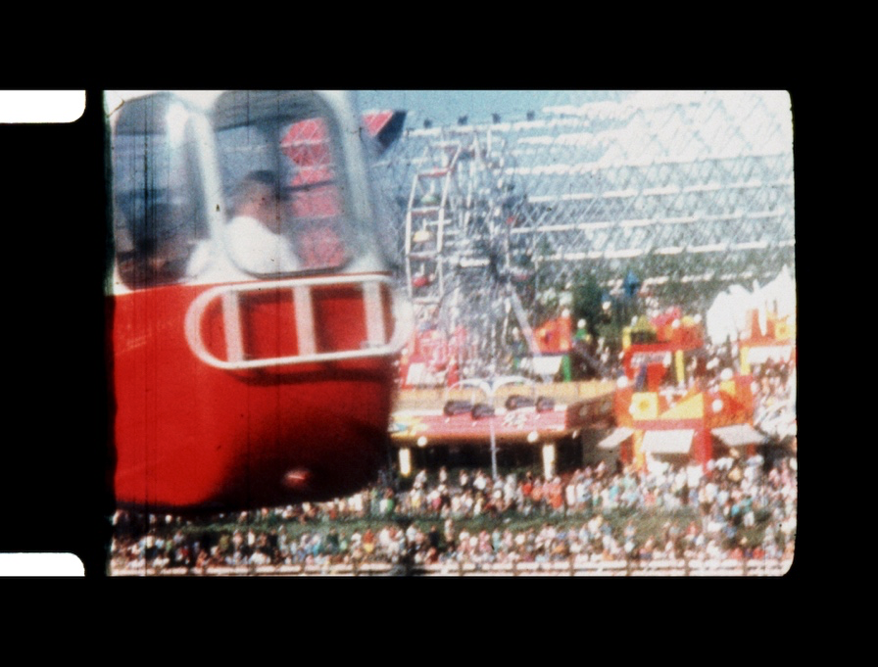
Penny McCann is an Ottawa-based narrative and experimental filmmaker with over 30 years of experience. McCann got her start in Carleton’s Film Studies Program with a double major in English Literature.
How did you get into filmmaking?
I went through a not wholly circuitous route to get into filmmaking; I started off at Carleton in a general degree and went into English lit when they were setting up the film studies department. They were offering some film courses so I started taking film courses and ended up double majoring in English literature and film studies. Then I did my Master’s in Canadian studies with a focus on Canadian film, because there was no master’s in film studies at the time. I was busy working in theatre, and I did a lot of work with Sock ‘N’ Buskin (Theatre Company). And so, when I graduated with my master’s, I ended up working at the Great Canadian Theatre Company. I was involved in theater for maybe five or six years, learning how to work in front of house before I got into stage management. And so I got into film when I was a stage manager in a festival theatre. I was hanging out with actors, writers, directors, and people like that. And then my friend, Sybil Penny, said “Why don’t you have a series of one-act plays written by women? Why don’t you write something?” So, I did, and it went on stage, and I was managing. It’s a bit stressful to watch the play that you wrote while you’re in the booth calling cues. The play was actually pretty good, and so that play became The Sisters, my first drama which I made in 1993. That initial one-act play with three actors became the first thing that led me to working with a local production company that was, strangely enough, looking for somebody with experience in stage management and some knowledge of film. That was me, so I became an associate producer, learned the business, and started working on my own projects.
What was your experience in this program at that time?
There were a lot of great professors and many crossovers between English Lit and film, which was really interesting. Everybody was enthusiastic, so it was a very good time to be there.
Are there any memories that specifically stand out?
In film room 100, I think it’s still downstairs in St. Pat’s, we watched films on 16-millimetre at the time, so that was interesting. There was a host of filmmakers who came to visit and speak to us. Filmmakers like Donald Brittain came to visit, which was very cool. Brittain was a National Film Board Director, and he did quite amazing documentaries in the 1960s and 70s and into the 80s.
How did your experiences at Carleton help you with your filmmaking?
It gave me a strong background in film theory and analysis, a range of directorial styles, and national styles, so it was a really good overview of what filmmaking can be. I remember watching short works by Quebecois women filmmakers that I was really blown away by. I remember watching Brenda Longfellow films. One of her short films stood out. It’s an experimental film called Our Marilyn (1987). It’s about a swimmer, a magnificent film in black and white with optical printing.
How did you get into the practical side of filmmaking?
I got into it through SAW Video, which is now called Digital Art Resource Center (DARC). In 1988, they had something called the Jumpstart Program for emerging video makers, for people who hadn’t made anything before. A friend of mine encouraged me to put something in, and I submitted a grant for a film called Marching to Pretoria. It was about the reverberations of the South African apartheid in a Canadian childhood. It was right at the time when Nelson Mandela was released. Strangely, in public school, the Canadian songbook had a song called Marching to Pretoria which is a weird kind of rollicking banjo song about soldiers marching in South Africa. My Jumpstart Grant application was successful, so I made my first video.
I served on the board there for many years, and in 2004 I became the director; I was there for 14 years. Over that period, I learned filmmaking, worked with other filmmakers, and just learned the practice through taking workshops and things like that.

What would you tell someone who was considering pursuing film studies at Carleton?
I would tell them to learn as much as they can, but also to look beyond the film studies program and see who’s making work locally. Discover the kind of work that you like, and understand that there’s a whole range of approaches to filmmaking. Unpack your assumptions about what filmmaking is, and gain confidence as a filmmaker forging ahead.
What advice would you give to someone who is currently pursuing film Studies?
Ask questions and take from it what you will, but there is no one path to becoming a filmmaker and whatever path you choose could be the right one for you. What I learned early as a filmmaker was not to listen to people. There are a lot of people who will tell you that you can’t, that you’re either doing it wrong, or that you have no business doing it. I was a young woman who had no relief at that time. “Who was I to think I could be a filmmaker” was basically the attitude I got over and over again. You just have to ignore all that, block out the noise, and keep moving forward.
What was your experience putting together your exhibition at Gallery 101?
I really enjoyed the process. It was during COVID, so it was kind of weird. People just weren’t leaving their houses at the time, but that particular exhibition was quite satisfying. I’m working on a new project that would take that concept of a Max MSP-generated wall of many screens. In this case, it was nine screens based on images or loops of various landscapes across Canada. It was called Land Lines (of time and place) in no particular order. My new project would take that exhibition into a different kind of realm and expand upon it. I learned a lot from it, and I was quite happy with it. I have done exhibitions before, but that was the biggest one I’ve done to date.
Is there anything else that you wanted to share about experiences at Carleton or your experience as a filmmaker?
One of the things about being a filmmaker is that it tends to be solitary and communal at the same time. You work alone to develop the project often, and then you work with a cinematographer, editor or sound designer, actors, whoever to make that project happen. I think it can be daunting.
In terms of being a filmmaker, the advice I would have is to take care of yourself while you’re doing it. It’s very easy to take all your savings, put it into a project, and end up unhappy with it at the end because you don’t know enough yet. So, you need to pace yourself and understand that it’s okay if a project isn’t what you want it to be. You’ve learned what have you learned, and then keep moving forward. That’s where it comes down to community and finding that group that supports you. Look for local places that will show your work to see how people respond to it. It’s a slow process and took me a long time. I’ve been doing this for 30 years now, and it’s only now that I feel like my work is gaining some agency.